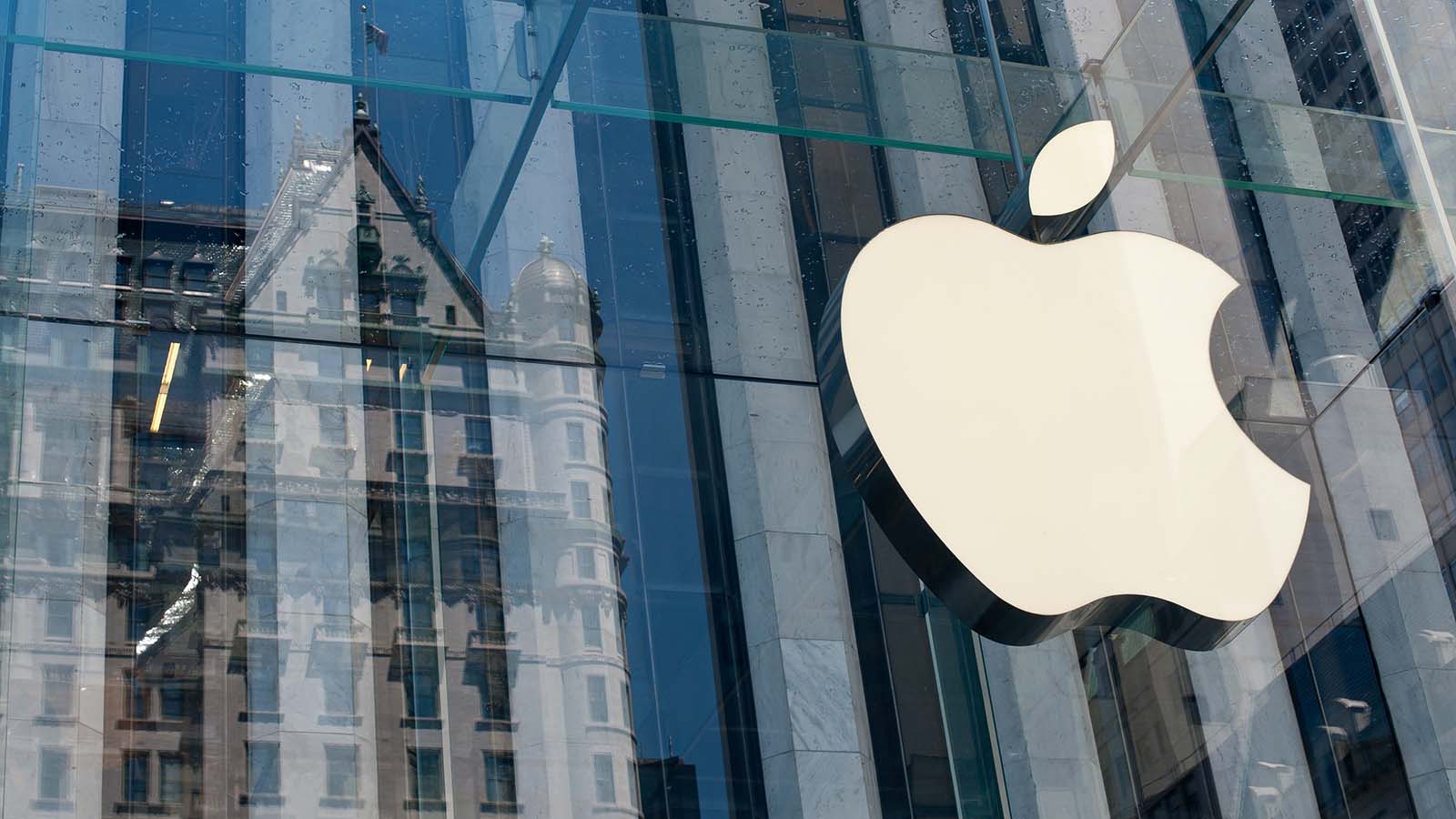The uncertainty at Apple (NASDAQ:AAPL) only seems to worsen. The company must find a combination of products that will replace the falling revenue of the iPhone. These declines hurt Apple stock last year.
Even with a recent recovery, the damage could continue as a trade war threatens both its supply chain and its sales in the Chinese market.
These factors have had a mixed effect on Apple stock. The generalized decline in tech stocks hammered AAPL last fall. It has risen 45% from its January lows and now trades at around $206 per share.
However, it remains unclear whether it can return to and surpass the $233.47 all-time high. With the company’s new direction remaining uncertain, investors should probably not buy AAPL for now.
Uncertainty Not Priced into AAPL Stock
The forward price-to-earnings (PE) ratio stands at about 16.1. This means Apple trades at a lower valuation than its peers, but its forward multiple has remained in the teens before. AAPL has maintained an average PE of 15.55 over the last five years. This indicates the stock has moved modestly ahead of itself.
I would not say that Apple stock is in trouble. However, I do not see this as a time to pay above the average multiple for AAPL either. First of all, the continuing trade war brings high levels of uncertainty. Analysts see moving manufacturing out of China as “not feasible.”
A worst-case scenario could seriously damage Apple’s revenue stream and supply chain. While some reports point to a solution, the trade war seems only to ramp up in other respects.
Further, profit growth has slowed in recent years. Thanks to the decline in iPhone sales, annual earnings growth will fall for the first time in years. Wall Street still expects profit growth of 9.8% for next year. Still, it looks like the high-growth narrative in AAPL stock has run its course.
Moreover, analysts expect Apple to announce its products for the upcoming year in September. However, despite the forthcoming arrival of 5G, initial sentiments about the “iPhone 11” seem lackluster. Moreover, due to falling prices on smartphones across the board, the company has seen what most consider a permanent decline in iPhone sales. Where they will make up for the lower revenue remains unclear.
This feeling extends to other products as well. Critics have praised the Apple Card for no fees. However, it also got panned it for offering meager cash returns to non-Apple users and for the fact that it needs a microfiber cloth to clean it. If Steve Jobs could come back, one has to wonder if he would again say that there is “no sex” in Apple’s products.
Cash and Apple Stock
All of these problems indicate that Apple has reached the point where Microsoft (NASDAQ:MSFT) was after PC sales declined, but before they seriously moved into cloud computing. With iPhone sales falling, and without Steve Jobs to invent something new, investors have to wonder where Apple’s next great success will come.
Time will tell. However, investors should not rule out a Microsoft-like comeback for the company. I say this mostly because of the $210.6 billion cash position.
A large cash position helped MSFT come back, and it could do the same for Apple. Content spending at Apple TV+ outpaces content spending at Netflix (NASDAQ:NFLX). It could also fund multiple acquisitions to expand offerings within its ecosystem.
The Bottom Line on Apple Stock
Apple stock appears to have become stable but directionless. Assuming the U.S.-China trade war does not significantly impact the company’s supply chain, revenues should return to a steady pace of single-digit growth. However, with iPhone revenues facing what looks like a permanent decline, many wonder where the company can go next.
Although the path remains uncertain, investors should take this more as a signal to not buy Apple stock. Current stockholders should continue to collect a modest but rising dividend return of 1.5%.
They should also focus on the “210.6 billion reasons” it can recover. If it cannot innovate within the company, AAPL can buy a growth segment.
Still, with slower growth and a multiple above its historical averages, I do not recommend AAPL stock at these levels.
As of this writing, Will Healy did not hold a position in any of the aforementioned stocks. You can follow Will on Twitter at @HealyWriting.

